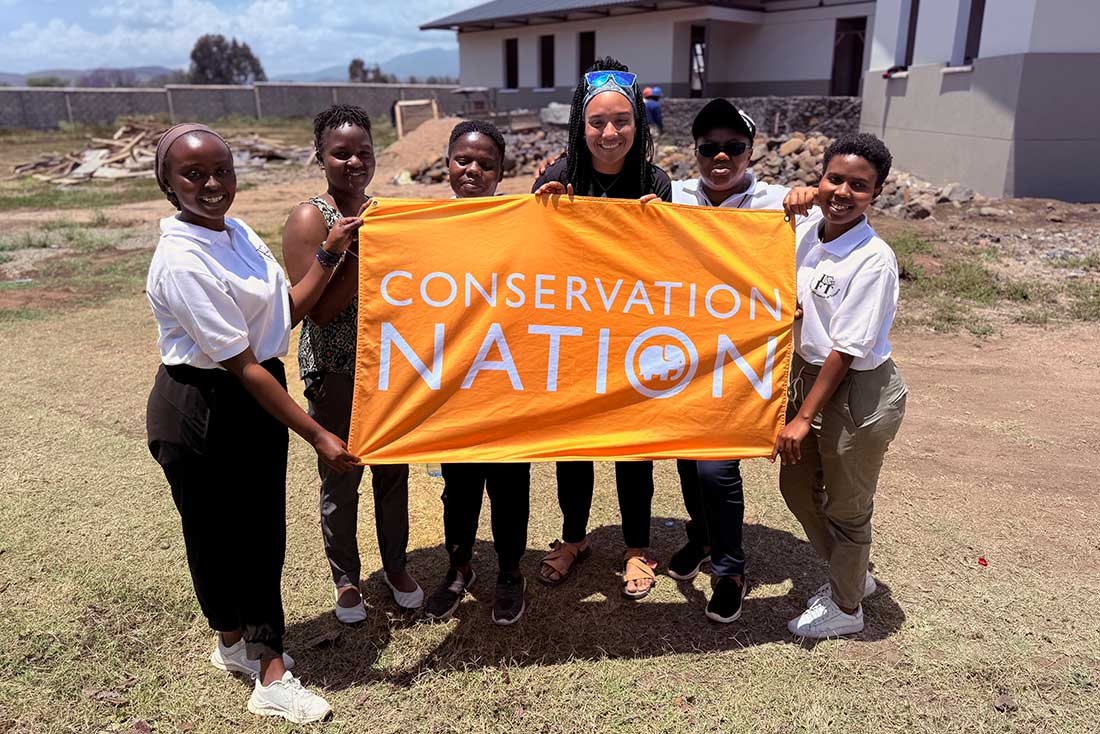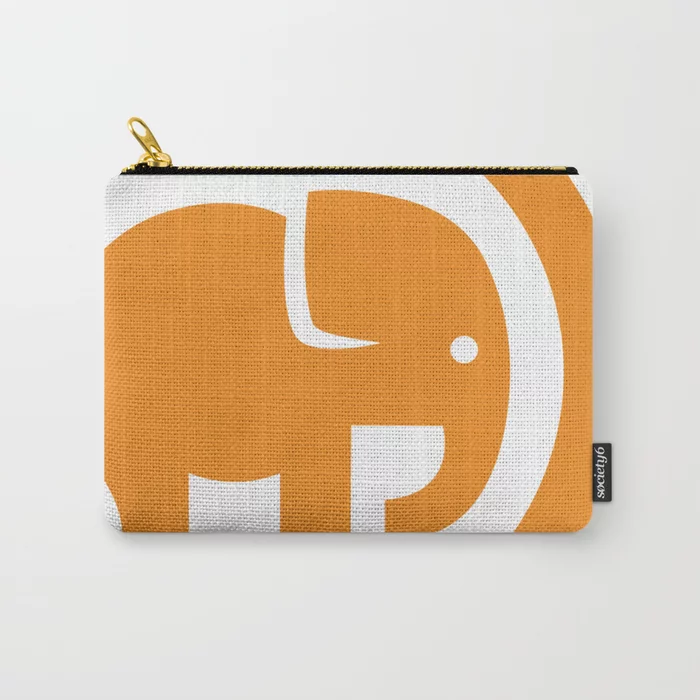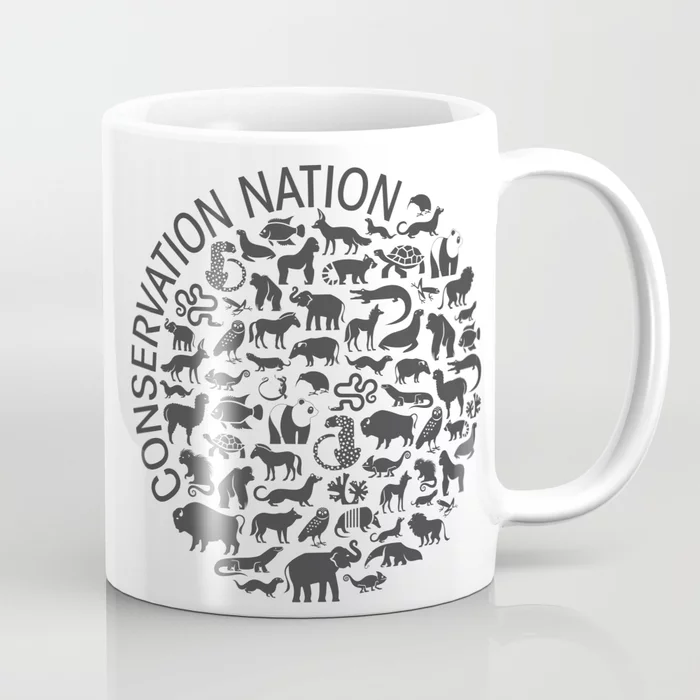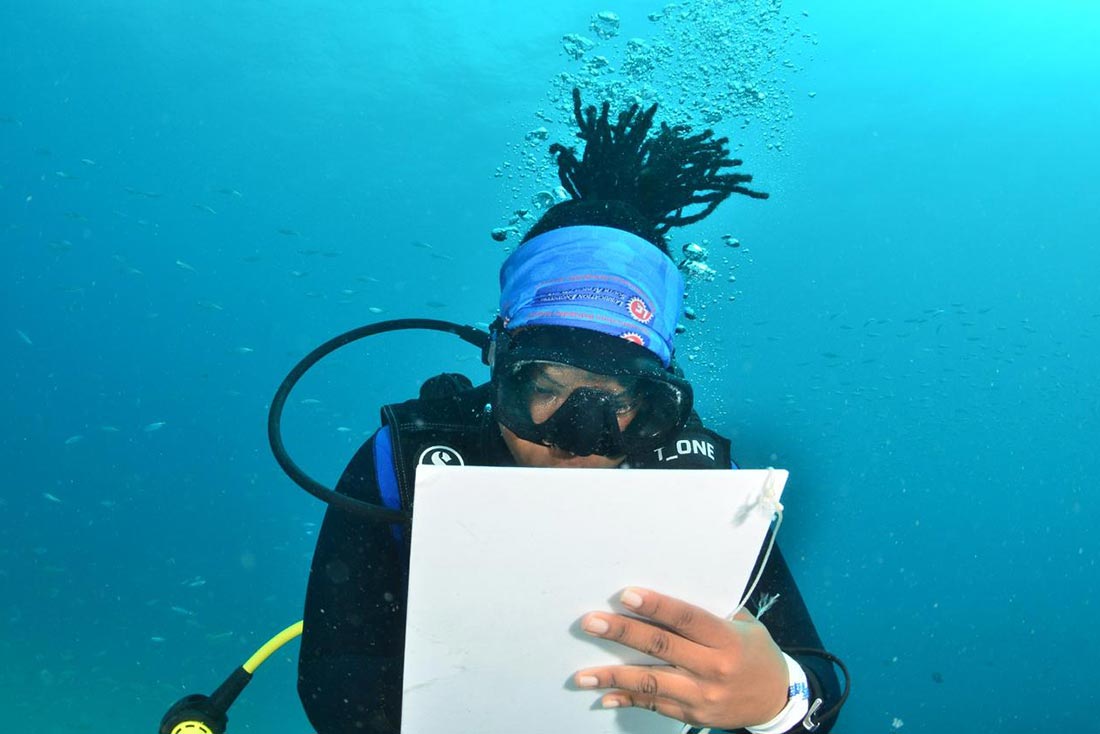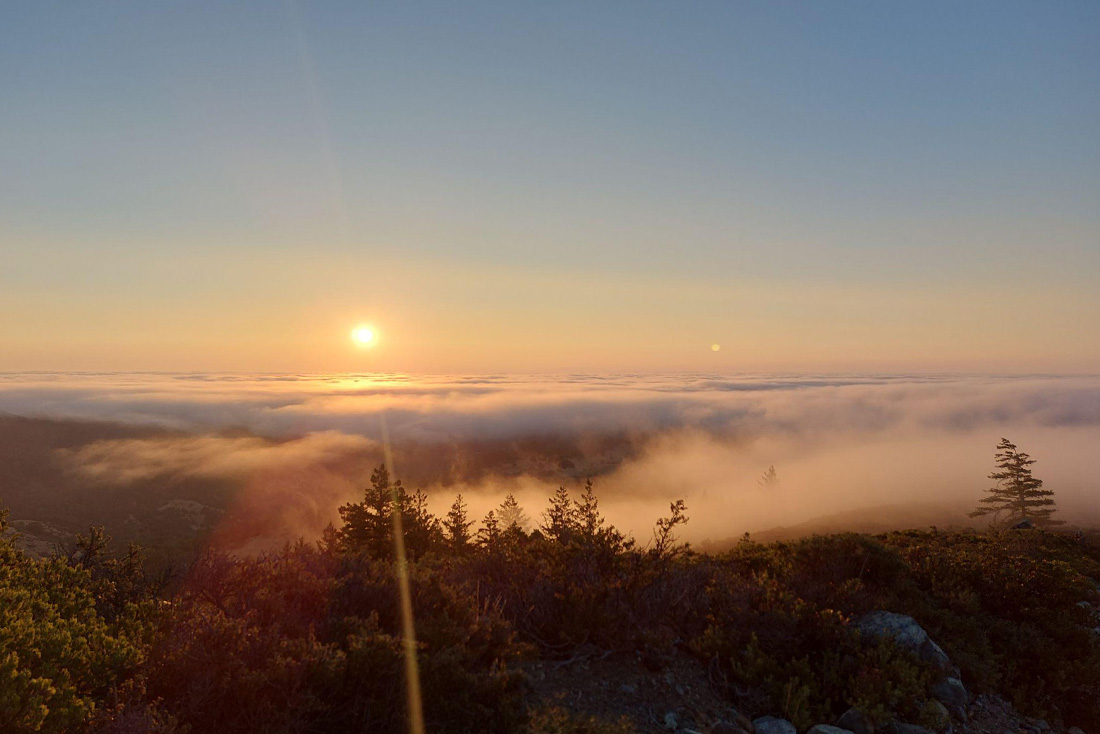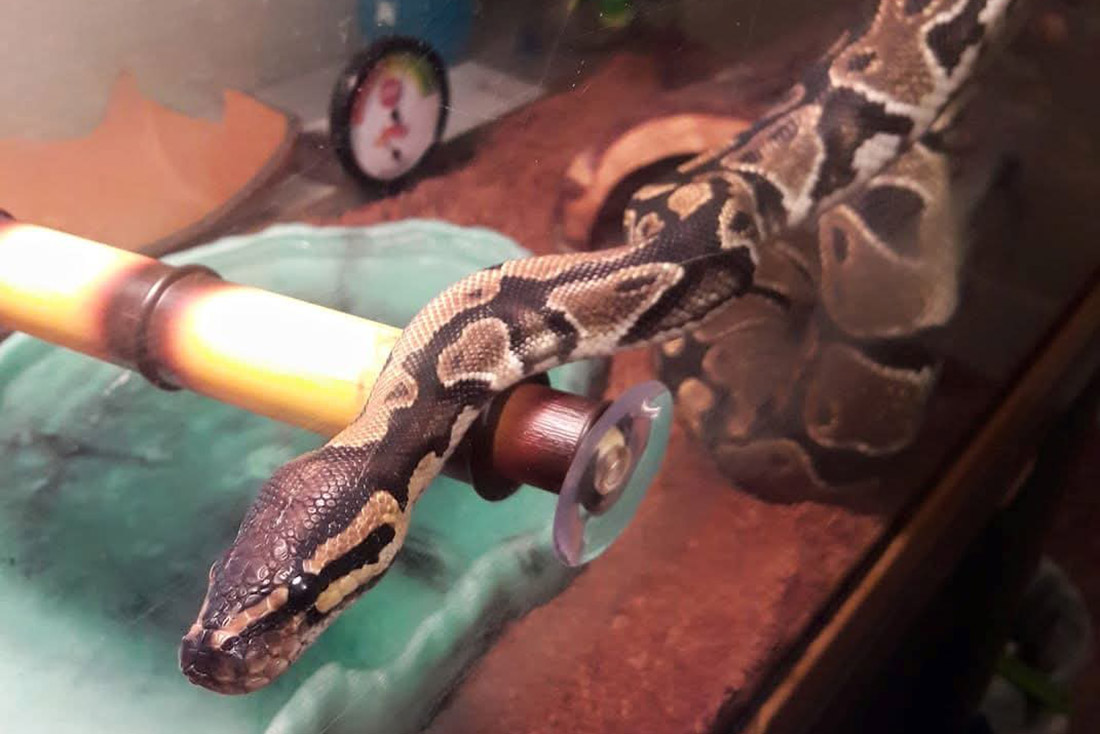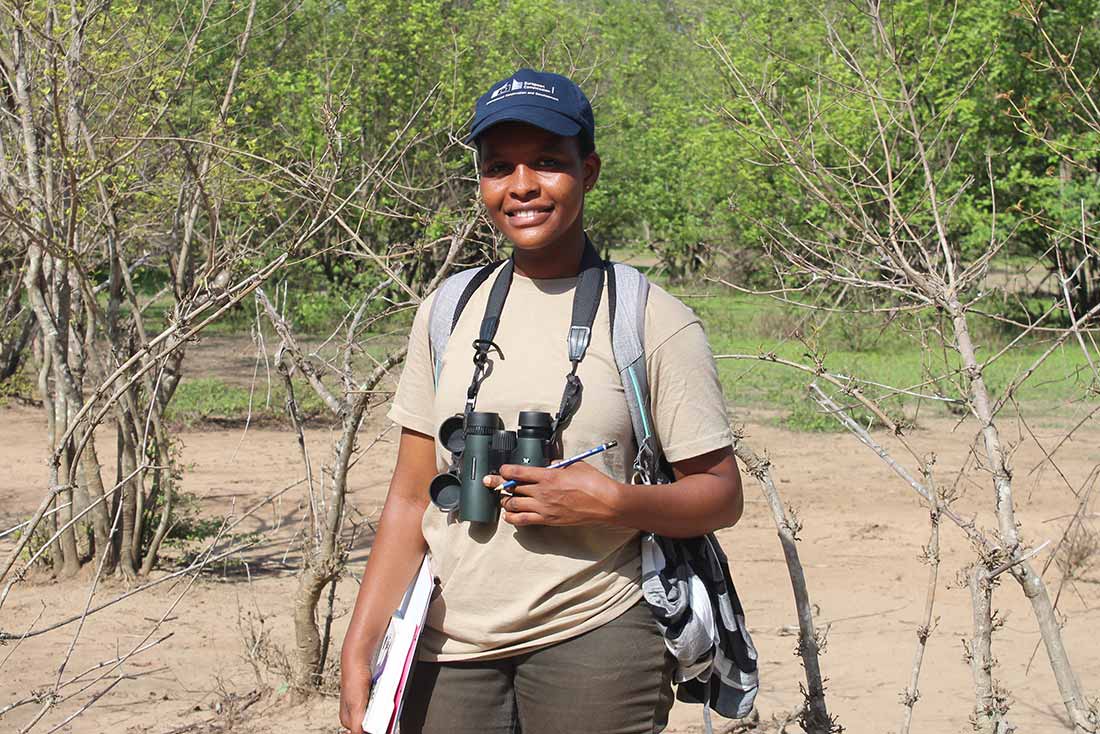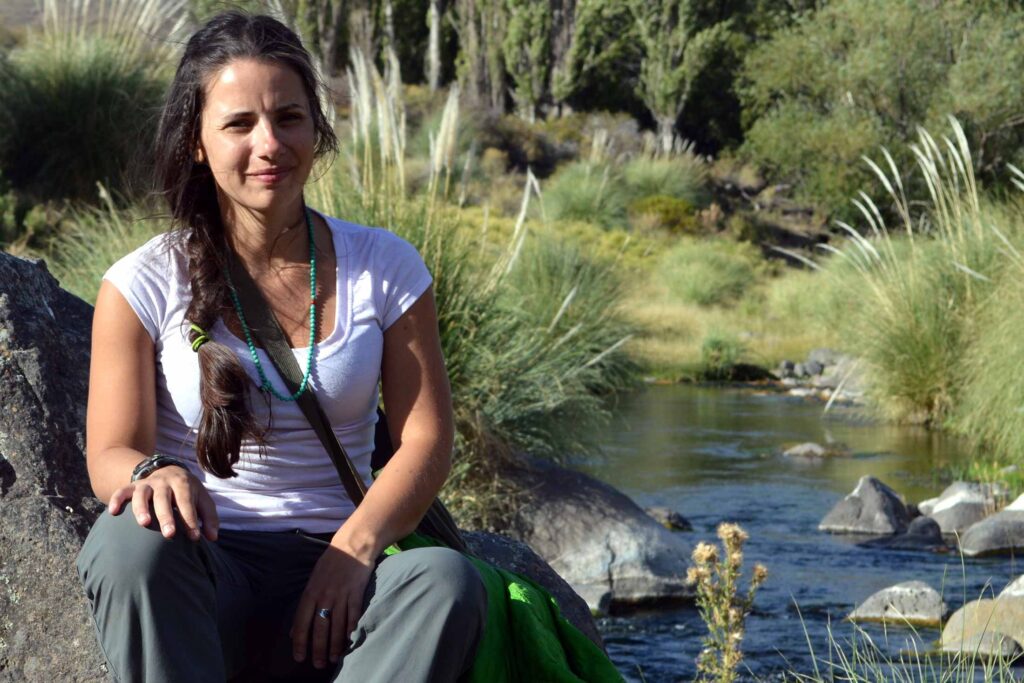Gabriela Agostini is one of Conservation Nation’s 2023 conservationist grant winners. For the past 15 years, she has been dedicated to studying the decline of amphibian populations, taking a leading role in various conservation projects throughout Latin America. She has spearheaded the COANA Initiative, a diverse group of women working on amphibian conservation, since 2013, and continues to lead and support conservation projects throughout Argentina, integrating scientific research, communication and education outreach, and institutional advocacy.
She graduated from the University of La Plata in 2009 with a BS in zoology, and received a PhD in biological science in 2003.
Beyond Boundaries: Women's Leadership in Amphibian Conservation Efforts in Argentina
Gabriela’s project will focus on three species of amphibians in Argentina — Ceratophrys ornata, Leptodactylus laticeps, and Rhinella achalensis — and the threats affecting them. Nearly 42 percent of all amphibian species are on the brink of extinction. In Argentina, habitat loss and invasive species are major culprits; however, conservation measures have largely not been put into place to combat these threats.
By studying these three amphibians, Gabriela plans to provide guidance that can lead to the recovery of these populations. She will cover three unique ecosystems — forests, grasslands, and wetlands — in her research, which will take place under the umbrella of COANA, an amphibian conservation group led by young women. In the course of her work, Gabriela also plans to collaborate with scientific organizations and academic institutions, NGOs, and local communities, working together to create conservation plans throughout Argentina.

